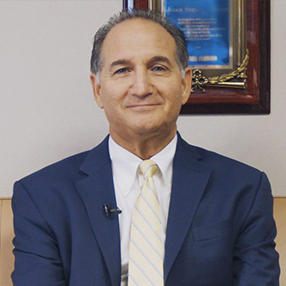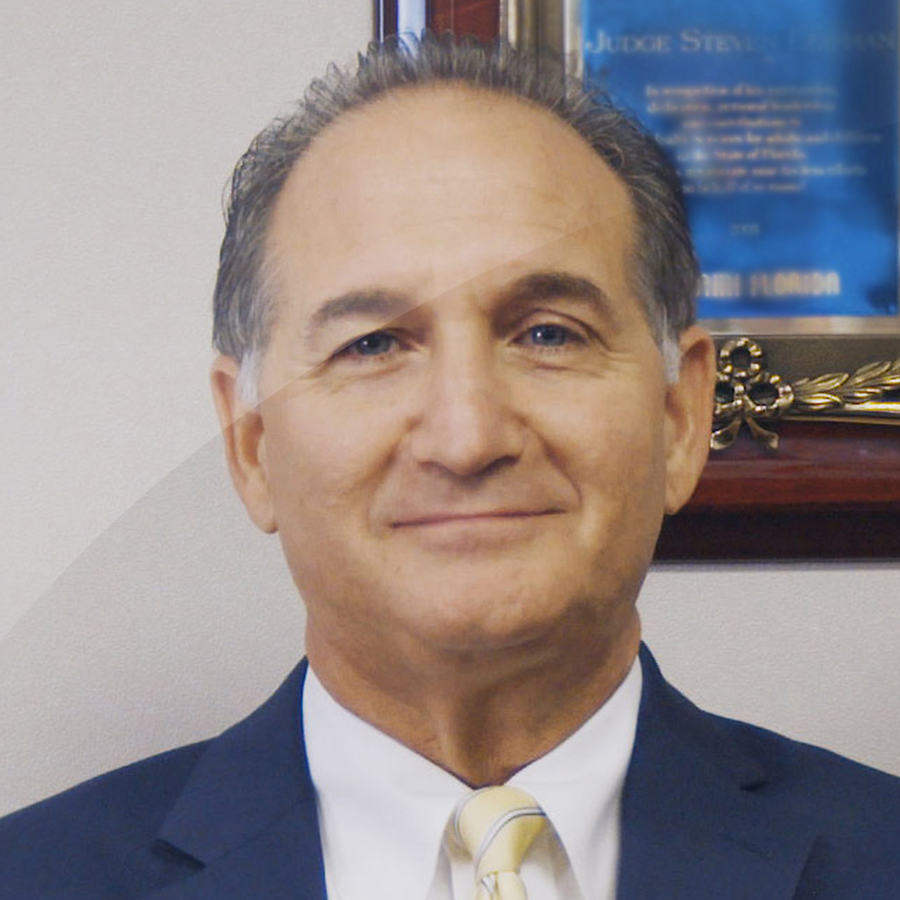
The Honorable Steven Leifman has previously described himself as “the gatekeeper to the largest psychiatric facility in Florida — the Miami-Dade County Jail.” But during his career, he has worked to transform the criminal justice system of Florida to better help – not hinder – the treatment of mental health inmates in Southern Florida.
During his tenure as Miami-Dade county judge, Leifman served as special advisor on criminal justice and mental health for the Supreme Court of Florida. In this capacity, Judge Leifman was responsible for chairing the Court’s mental health subcommittee, which outlined recommendations to decrease inappropriate and costly involvement of people with mental illnesses in the justice system.

